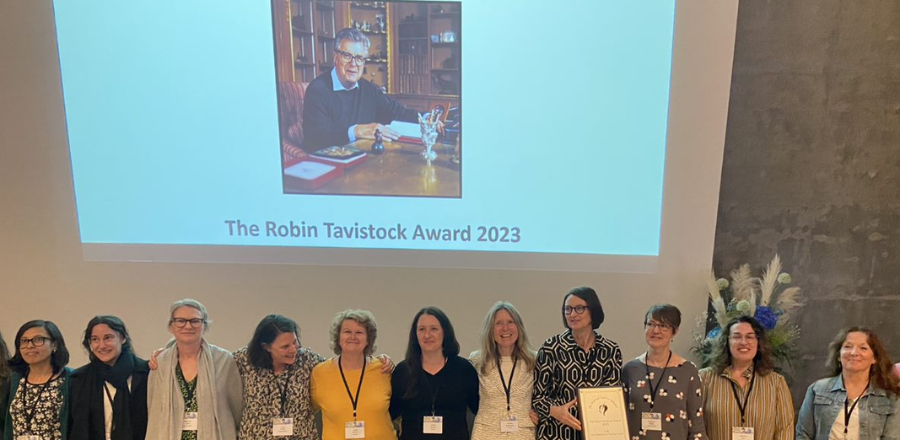CATs got the cream after winning The Robin Tavistock Award

The Glasgow Caledonian University-led international Collaboration of Aphasia Trialists (CATs) has been awarded another two years of funding to support its research aimed at improving the lives of stroke survivors with speech problems.
The Robin Tavistock Award will support their aphasia research until 2026. The network currently involves more than 300 aphasia researchers across 41 countries and recently marked its 10th anniversary in Iceland.
Aphasia, a speech problem caused by damage in the language area of the brain, affects about 50,600 stroke survivors in the UK every year.
Stroke researcher Professor Marian Brady is the founder and Chair of CATs as well as the University’s School of Health and Life Sciences Research Centre for Health (ReaCH) Living with Stroke Research Group Lead and a previous recipient of the Robin Tavistock Award in 2016.
Other key CATs members, who are Glasgow Caledonian staff, include Dr Myzoon Ali (Database Working Group Lead), Dr Lesley Scobbie (Cognition and Aphasia) and Jaclyn McArthur (Administration Officer).
Professor Brady said: “As recipients of the international Robin Tavistock Award we are honoured that our efforts to improve the quality, effectiveness and reporting of aphasia research have resonated with the Trustees and recognised in a global context.
“Our strategic and responsive approach to advancing aphasia research across disciplines, geographic boundaries, widely varying international healthcare contexts over the last decade has delivered benefits to the infrastructural support for aphasia research as evidence through research funding awards, availability of multilingual assessments, streamlined the sharing of clinical-research expertise and research outputs to benefit people with aphasia.
“We are very grateful to our funders, our Executive Committee members, our members, our partners, especially the Aphasia Recovery Connection (USA) for supporting our efforts to share our research findings directly with people who have aphasia and their families.”
Professor Brady is stepping down as Chair of CATs from January 2024 but is excited about the future of the collaboration.
She said: “With another two years of funding announced until end of Jan 2026 and a new incoming Chair with fresh ideas and ambitions to be announced over the coming weeks, the future is bright for CATs!
“With an ever-growing membership and ever-increasing collaborative effort, we have brought highly ambitious research projects within reach, and there is much more to come.”
